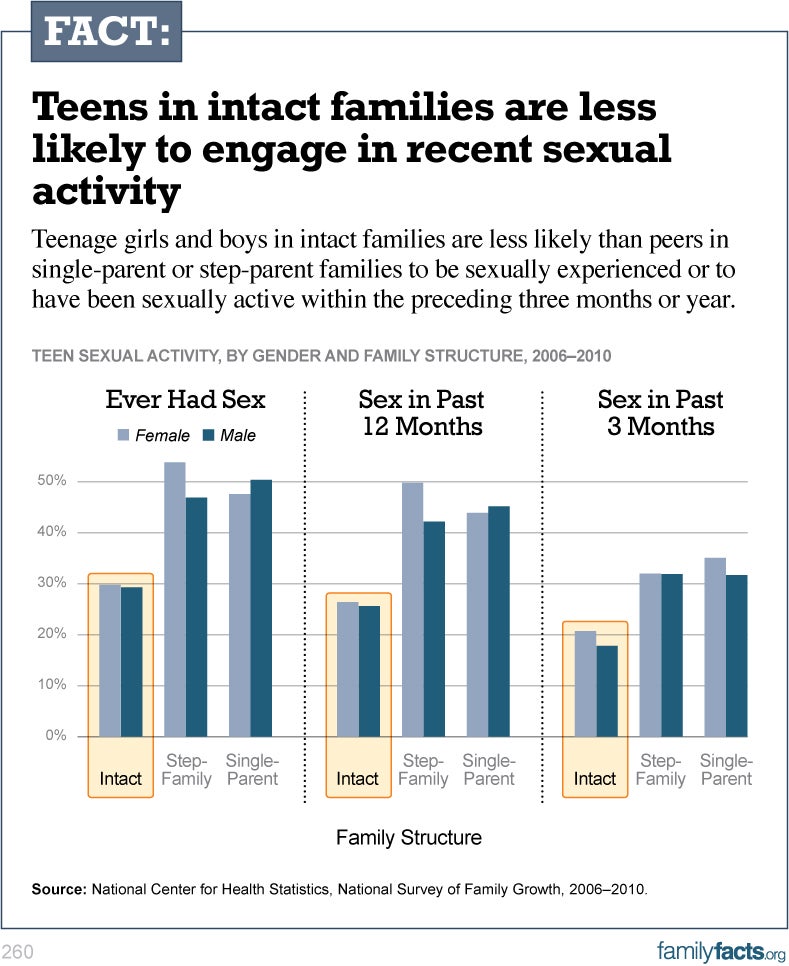For many, last week’s 40th anniversary of the Roe v. Wade decision was a time to reflect on the value and sanctity of life. In the decades since the Supreme Court’s decision, many civil society organizations have sprung up to meet the needs of women facing unplanned pregnancies and provide an alternative to the Roe regime. Education and outreach have also centered on helping young women recognize their own worth and the value of delaying sexual activity.
A case in point is the Teen Talk initiative in Milwaukee, created by community leader Cordelia Taylor in 2004 when the city had the highest rate of teen pregnancies in the country and her zip code had the highest incidence of sexually transmitted diseases. Taylor worked first to improve the self-esteem and sense of value among the 17 young girls who came each day to her after-school program, many of whom who had lost parents to violence, drug addiction, and incarceration.
Taylor served them dinner, gave them etiquette tips, took them to a department store to learn how to coordinate a wardrobe, treated them to movies followed by group discussions, and, most importantly, taught them to value themselves and to understand the consequences of becoming sexually active.
“These girls didn’t have any idea of what they were getting into. They would get into a situation with a young man and go along with him, not thinking of the consequences,” Taylor recounted. “So we taught them about what could happen to them and how to avoid bad situations, and how to say no, and we talked about the importance and benefits of waiting.”
Against the worst odds and in spite of daunting life situations, the girls responded to Taylor’s message. Among the 170 girls who participated in Teen Talk since the program’s inception, only two became pregnant, and they came back to the program to serve as peer mentors to the others.
Programs that promote abstinence and sexual risk avoidance have been shown to make a difference in youths’ sexual behavior. Throughout the nation, young people have resonated with the message of delaying sexual activity, and recent data indicates that the majority of high-school students surveyed increasingly remained abstinent; in fact, the majority voiced disapproval with being sexually active at their age. That rise in abstinence has been accompanied by falling rates of teen pregnancies and abortions.
Studies have revealed that sexually active teens are more likely to be depressed and to attempt suicide. Early sexual activity can also affect adolescents’ future prospects and has been linked to poorer academic performance. In addition, those who become sexually active at an early age are more likely to contract sexually transmitted diseases, become pregnant, or give birth outside of marriage, and to experience failed marriages in the future.
Sadly, “comprehensive” sex education has outstripped abstinence-promoting education both in terms of prevalence in our nation’s schools and government funding, and the fact that popular culture touts promiscuity. But parents should take heart: Decades of research show that they can have a substantial influence in guiding children’s decisions. The very presence of both parents has been related to a decreased likelihood of their children becoming sexually active or teen daughters becoming pregnant. In addition, parents’ involvement, monitoring, and guidance have been shown to outweigh the influence of popular culture and peer pressure. (continues below chart)
Prospects for the upcoming generation are encouraging given national data showing the prevalence of youths’ support for abstinence and a downward trend in the number of adolescents who are sexually active, especially among those with intact families. Both are good news for the well-being of young people as well as the health of a society in which the value of life and the life-generating act are valued and revered.






























